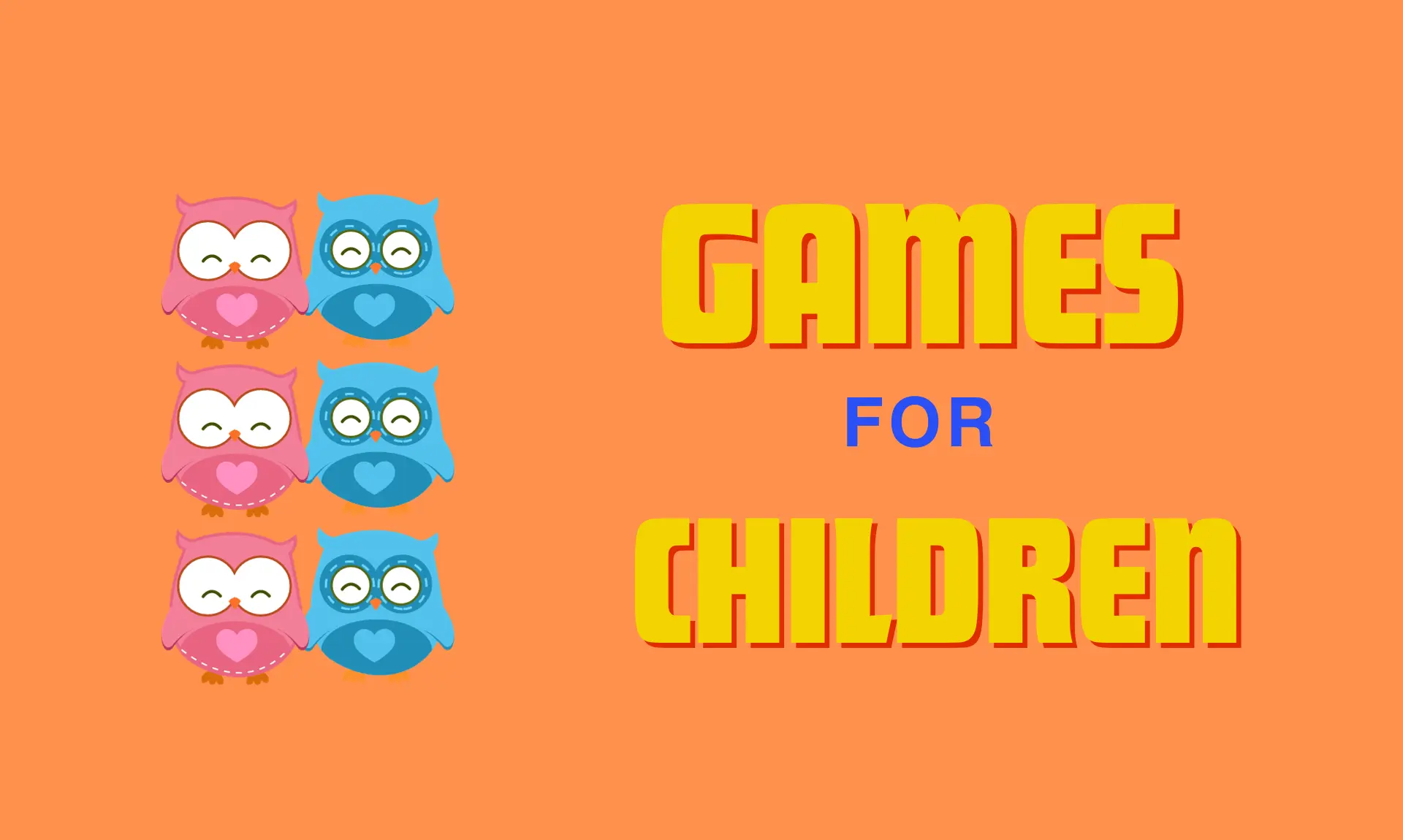Differences between Pedagogy and Andragogy
Pedagogy and andragogy are two distinct approaches to education, primarily differing in the way they address the learning needs and characteristics of different age groups: children and adults, respectively. Here are the key differences:
Learner Characteristics:
- Pedagogy: Focuses on teaching children and young learners. The approach considers the learner as a relatively blank slate and emphasizes teacher-guided instruction, control, and supervision.
- Andragogy: Concentrates on teaching adults. This approach acknowledges the learner’s life experiences, self-direction, and readiness to learn. Adults are seen as self-directed and motivated learners.
Role of the Learner:
- Pedagogy: Learners are seen as dependent on the teacher for guidance and direction in the learning process. The teacher assumes a more authoritative role.
- Andragogy: Learners are considered to be more independent and self-directed, taking responsibility for their own learning experiences. The role of the teacher is that of a facilitator and resource.
Learning Motivation:
- Pedagogy: Motivation is often extrinsic, with rewards and punishments playing a significant role in encouraging learning and compliance.
- Andragogy: Motivation is primarily intrinsic, driven by the learner’s needs, interests, and personal goals. Adults are motivated by relevance and applicability of learning to their lives.
Approach to Learning:
- Pedagogy: Learning is structured, sequential, and often follows a curriculum designed by the teacher. The focus is on knowledge acquisition and skill development.
- Andragogy: Learning is more problem-centered and experiential, based on real-life situations and practical applications. Adults bring a wealth of experience to the learning process.
Readiness to Learn:
- Pedagogy: Readiness is assumed by age or grade level. The curriculum is often standardized for all learners in a particular age group.
- Andragogy: Readiness is based on the learner’s interests, needs, and life circumstances. Learning readiness is closely tied to the relevance of the content.
Orientation to Learning:
- Pedagogy: Oriented towards subject-centered learning. The focus is on covering content and mastering specific subjects or topics.
- Andragogy: Oriented towards problem-centered learning. The emphasis is on understanding and solving real-world problems using acquired knowledge and skills.
Learning Environment:
- Pedagogy: Typically a more structured and controlled environment, often a classroom setting, where the teacher is the central authority.
- Andragogy: Encourages a more collaborative and interactive learning environment where learners actively participate and contribute based on their experiences.
Understanding these differences is crucial for educators to tailor their teaching methods and strategies to meet the specific needs and characteristics of their learners, whether they are children or adults.
latest video
news via inbox
Nulla turp dis cursus. Integer liberos euismod pretium faucibua





